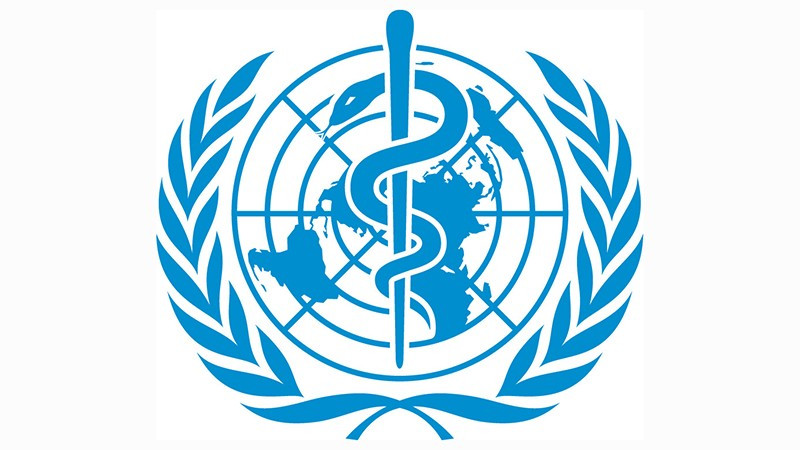Exactly three years ago, in December 2021, amid the raging COVID-19 pandemic that claimed millions of lives, paralysed healthcare systems, disrupted international supply chains and destabilised the global economy, countries initiated the drafting of an agreement on preventing, preparing for and responding to future pandemics.
However, unbridgeable differences have prevented these negotiations from reaching completion. At the most recent round of negotiations in November, World Health Organisation (WHO) member states were forced to extend negotiations into 2025 due to too many remaining disagreements.
However, despite the extended deadline, countries must race against time to avoid missing more opportunities. Experts have warned about losing momentum for the pandemic response treaty, leading to prolonged delays, especially in a year when many countries hold elections.
Concluding the November 2024 negotiations with unfavourable results, participating countries acknowledged that the inability to finalise the agreement in 2024 was due to too many unresolved issues, notably the interests of Western nations, where the pharmaceutical industry is highly developed, while poorer countries risk being left behind in the fight against pandemics.
Countries have yet to reach a consensus on the fair sharing of pandemic-related resources, such as access to pathogens, vaccines, testing activities and treatment methods. Additionally, there are many challenges related to surveillance, preventive measures and technology transfer to less developed countries.
Wiku Adisasmito, representative of the Indonesian negotiating team, affirmed that there are capability gaps between countries, and developing nations need financial support to enhance surveillance of new dangerous pathogens in animals and the environment.
Although negotiations have not yet concluded, countries have shown consensus and determination to narrow differences and quickly build a successful agreement on future pandemic response. The representative of Tanzania’s negotiating team is confident that the December 2024 meeting will help resolve outstanding issues to achieve an agreement that African countries have long awaited.
Michael Ryan, Executive Director of WHO’s Health Emergencies Programme, indicated that there has been an increase in collective will toward reaching an agreement. However, time urgency is not working in countries’ favour.
The emergence of a new virus strain of mpox, the Marburg virus outbreak in Rwanda, and the spread of H5N1 avian flu in recent months have shown that diseases remain a constant global threat. In its annual report released in October 2024, the Global Preparedness Monitoring Board emphasised that such disease outbreaks are clear warnings.
When a pandemic emerges, no country, whether rich or poor, can be safe if there are still countries struggling with the disease somewhere in the world. WHO Regional Director for Europe Hans Kluge reported that in the past 5 years, 25 out of 53 WHO member states in Europe have experienced at least one health emergency.
WHO Director-General Tedros Adhanom Ghebreyesus has acknowledged that alongside an extremely tight timeframe, the pandemic treaty negotiations face many difficulties due to technical, legal and political complexities.
With the current serious developments in climate change and conflicts, a pandemic similar to COVID-19 could emerge at any time. This proves countries must quickly reach a common agreement to respond effectively to health crises.
















